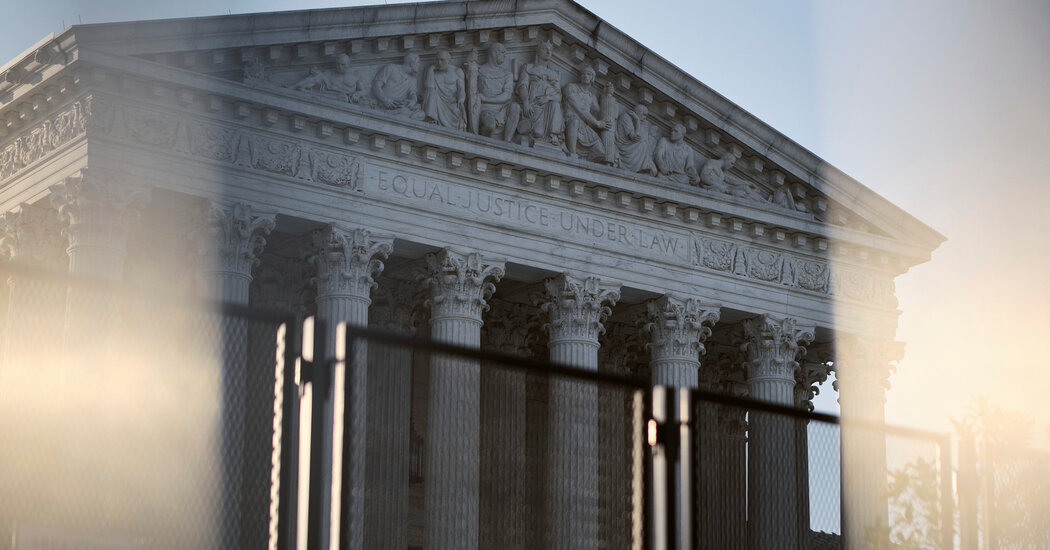The court dominance of “originalism,” the doctrine that interprets the Constitution and its amendments as they would have been understood at the time they were written, also bodes well for Lochner’s principles. As David Bernstein, a law professor at George Mason University, points out in his 2012 book “Rehabilitating Lochner,” proponents of freedom of contract were “originists, trying to hold onto what they saw as the constitutional underpinnings of the drafters of the 14th amendment.”
The case for Lochner is clearly anchored in the Dobbs decision. Writing for the majority, Judge Samuel Alito said rights not explicitly mentioned in the constitution should be “deeply rooted in the history and tradition of this nation” and “implicit in the concept of ordered liberty.” Unlike the right to abortion, freedom of contract is generally believed to fit that definition.
Since the Declaration of Independence was passed 246 years ago, the freedom to work and contract has been seen as part of the ‘inalienable rights’ of ‘life, liberty and the pursuit of happiness’. The founders drew on the work of the English philosopher John Locke, who identified “life, liberty, and property” as inalienable rights and viewed the possession of the self as a form of property. The 14th Amendment reflects Locke’s language: “nor shall a state deprive a person of life, liberty, or property without due process of law.”
In fact, by the time the 14th Amendment was ratified in 1868, the idea that citizens had a basic right to enter into contracts, especially in relation to their trade or employment, was so widespread that Lochner barely spoke of it. The opinion simply asserted that those New York bakery workers had the right to contract as “part of the individual’s liberty protected by the 14th Amendment.”
The right to enter into contracts, even in Lochner, was not all-encompassing. The legitimate exercise of state police powers trumped contract law. People were not allowed to make illegal arrangements and the state was free to protect the health and safety of workers. Lochner explicitly enforced regulations protecting miners, whose work was inherently unsafe. But the court found nothing inherently dangerous about baking.
Yet many later government regulations, which are now self-evident, infringed this freedom of contract. For example, the court abolished a minimum wage in 1923. (Libertarians have long argued that a minimum wage is both bad economic policy and an invasion of individual liberty, especially harmful to those at the lowest rung of the economic ladder.) In the post-Lochner era, that decision was reversed.

